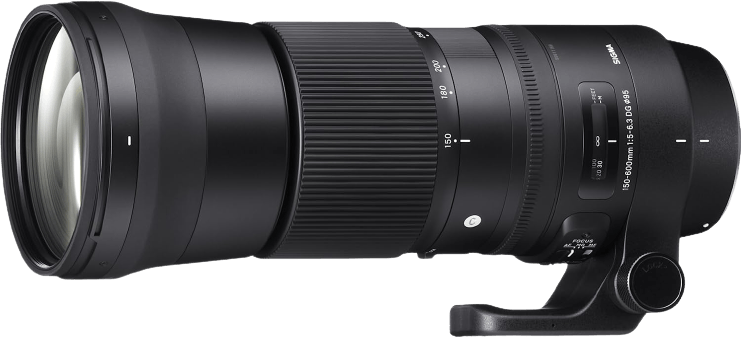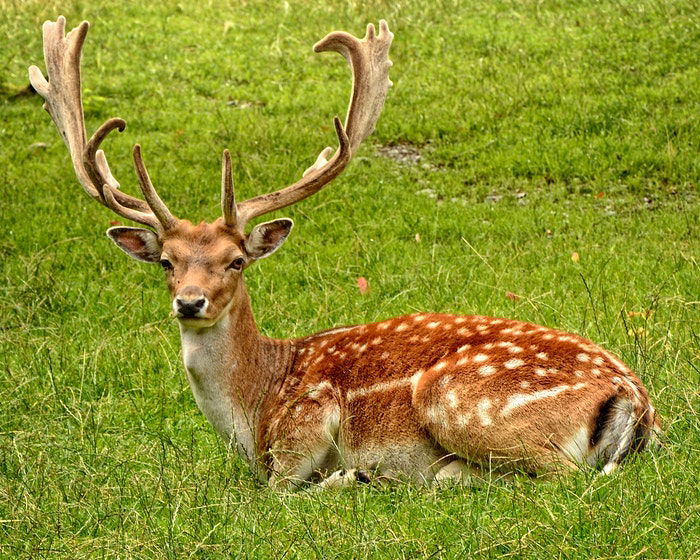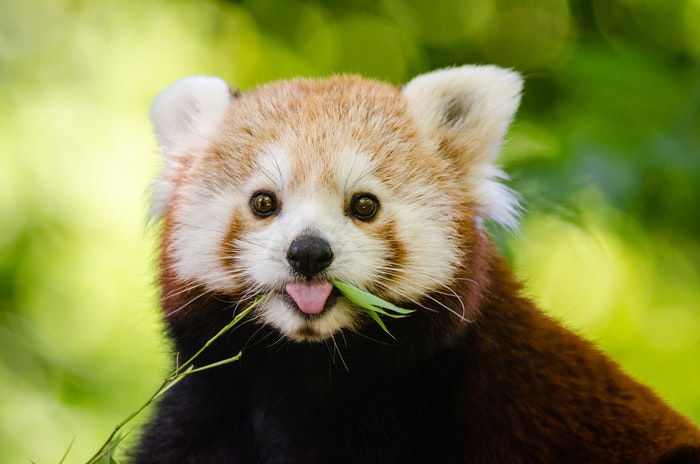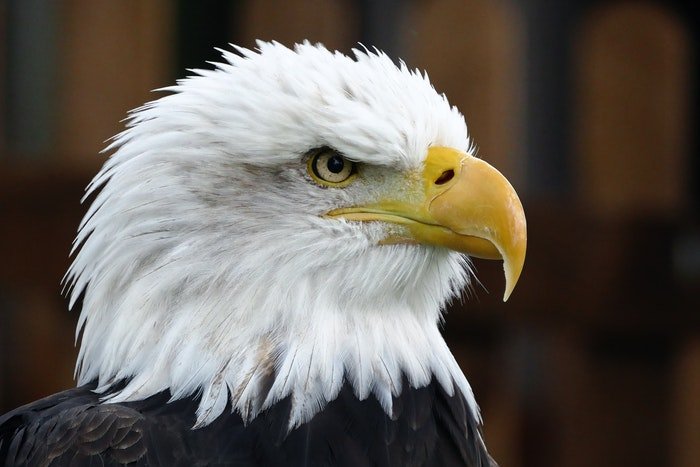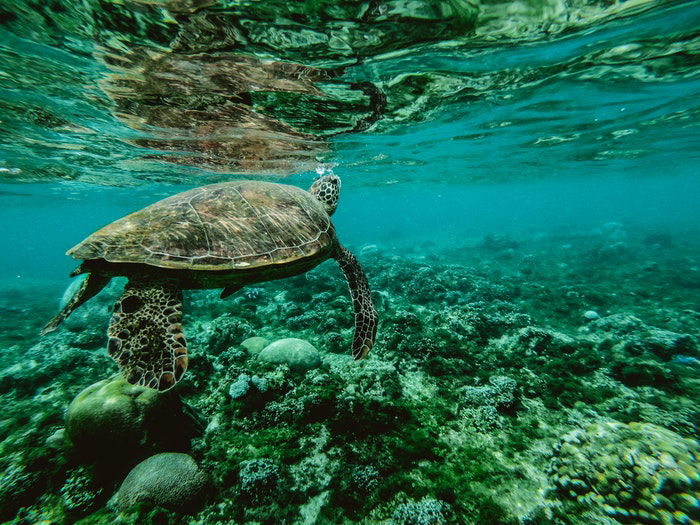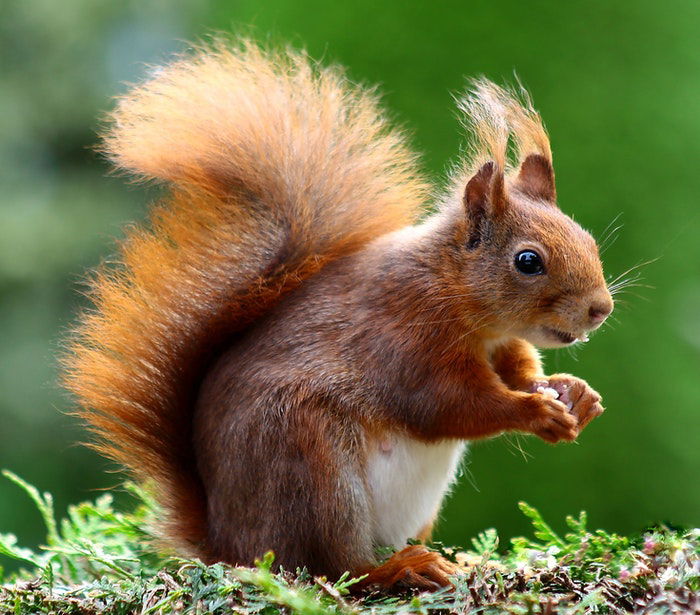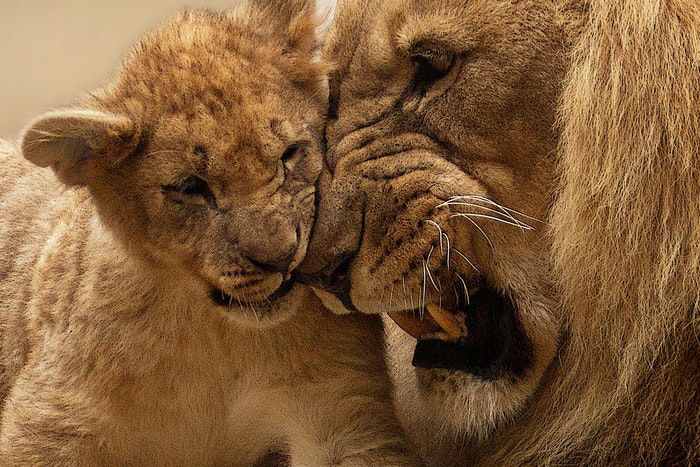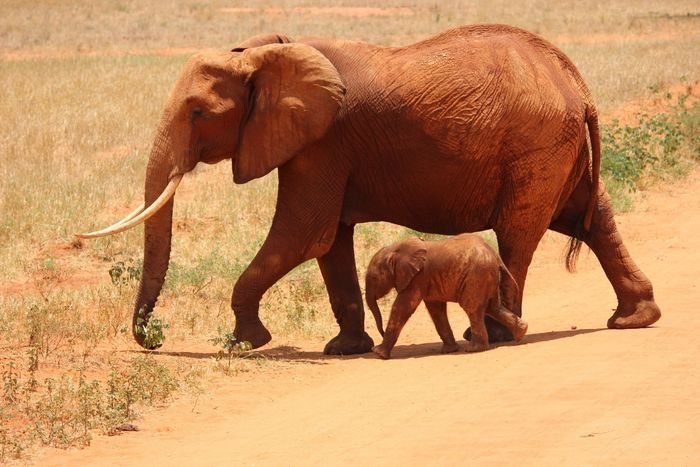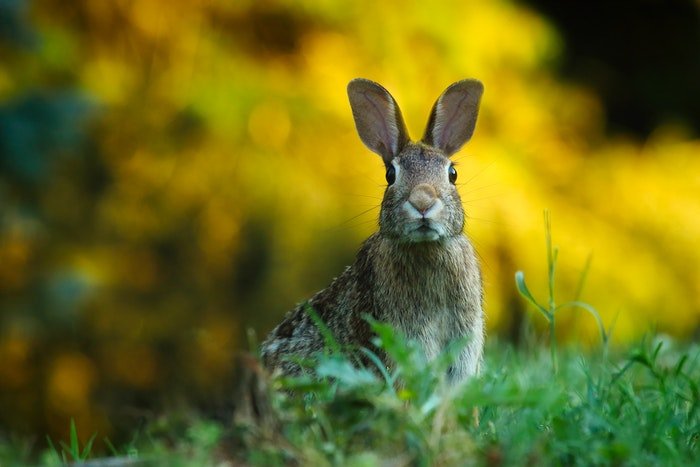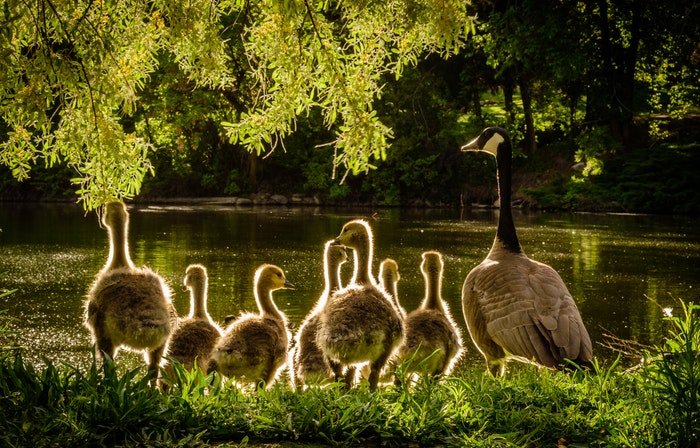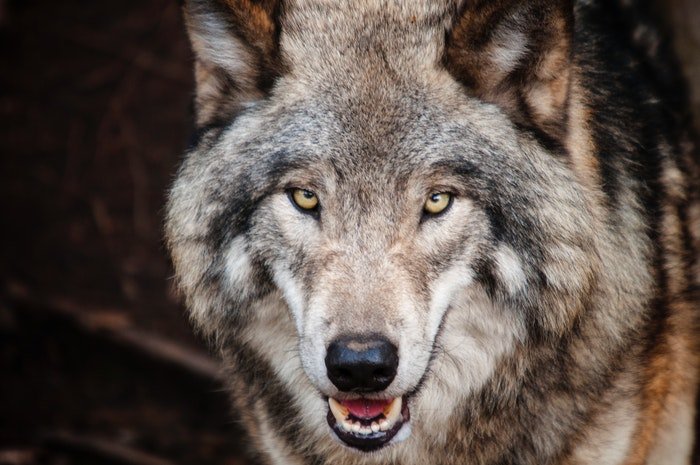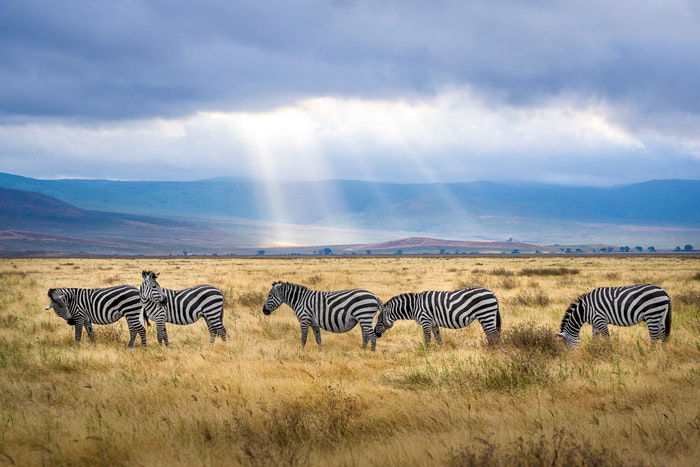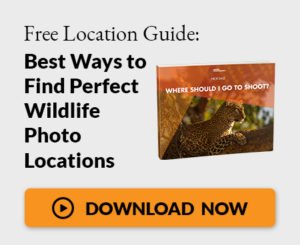It’s definitely a beautiful and meaningful photography career. But it also needs a lot of work, time and patience. Read our tips and learn how to become a wildlife photographer!
1. Get the Appropriate Gear to Become A Wildlife Photographer
Like other niches of photography, wildlife photography also starts with the equipment. It might be a bigger investment at the beginning of your photography career, but when you start making money with your photos, it will all come back. You will need a quick camera, a telephoto lens, tripods and memory cards for sure. Bean bags, rain covers, headlamps and maybe even camouflage clothing can come handy. Read our article about a wildlife photographer’s essential gear here.
2. Learn to Take High-Quality Photography
This might be a bit of obvious advice: you need to take high-quality photographs to become a professional wildlife photographer. Your wildlife photography has to be outstanding if you expect people to pay for it. There are lots of photography schools out there. You can even get a degree and learn how to become a professional. Sure, workshops and courses are great to improve your photography. I’m all about lifelong learning. But I do not believe that you need to get a certificate to become a great wildlife photographer. What you need are practice, patience and great efforts. Get comfortable with using your camera and learn a lot about lighting. You could even assist a wildlife photographer and learn from them. If you don’t have this option, check out the portfolio of the best wildlife photographers. Their pictures offer great sources of inspiration. You can learn about composition and even about the best poses for certain species.
3. Work as a Freelancer
Many soon-to-be wildlife photographers dream about working for magazines such as National Geographic. But there are only a handful of positions and they are already covered. But it doesn’t mean you cannot get your photography published in a famous magazine! The majority of wildlife photographers are self-employed. True, freelancing doesn’t provide a constant income. But you can decide whom to sell your photography and choose your own clients.
4. Research the Market to Set Your Prices
Talking about making money, I’m sure you already have an important question in mind. Can you make money as a wildlife photographer? And how much money does a wildlife photographer make? It depends on your region, your experience and the what you focus on. Wildlife photographers who dedicate their life to spot rare species earn more. But this doesn’t mean you need to follow their path. In general, you could earn between $25 000 and $62 000 per year with wildlife photography. The best way to set your prices is to research the local prices and your competitors. You can also ask other wildlife photographers for advice.
5. Start with Photographing Basic Species
Photographing lions in Africa or tigers in Asia sounds like a dream. But you don’t have to start this big at first. Especially because traveling to the best wildlife photography locations can cost a fortune. Start with basic species you can spot near your location. Wander around in forests or go hiking to the mountains. Get photos of birds, rodents or deer. Take your time to practice before you get into photographing more exotic animals.
6. Be Very Patient and Be Ready
Wildlife photography requires lots of patience. The animal you want to capture may not show up for hours or even days. Or the weather is not in your favour and you have to come back another day. But you also have to make sure you are ready when the perfect moment arrives. You often have to capture wild animals in motion. It’s essential that you know how to take sharp photos of moving objects. Think about wildlife photography as if you were a lion hunting for its prey. It might not come for days and the lion stays hungry. But it never gives up and when the time comes, the lion is ready to chase and capture its dinner. Be like the lion – patient and always ready.
7. Be Ready to Travel
Sure, you can take photos of the animals near your home. But the typical wildlife photographer has to travel a lot. This means time apart from your loved ones and extra expenses. The destination depends on the type of wildlife photography you specialise in. Spotting whales means going to the ocean, while lions are waiting on the savannas. Being ready to travel also means that you will be exposed to various culture. Make sure you take the effort and get to know the local culture. You may even want to learn a few words in the local language. You never know, it may help you to find the right wildlife spot.
8. Get Ready to Spend Time Outdoors
As a wildlife photographer, you need to work outdoors. You have to be able to adapt to the weather conditions and pack your equipment and camera in a safe and quick way. It’s also an advantage if you like hiking, camping and if you are ready to leave civilisation behind. If you learn about the species, you will recognize the best poses and situations you can capture it.
10. Consider Offering Extra Services
Many professional wildlife photographers offer extra services besides taking photos. They teach wildlife photography courses or workshops to make extra money. Teaching courses can improve your photography work too. Your students might ask questions that help you dig deeper. Or they might show you their photos that can inspire you. You can also start organizing tours. This way, you can teach your groups the secrets of wildlife photography in real settings. The more diverse your profile, the more outstanding wildlife photographer you can become. You must never destroy their environment or harm the animals. You are only a guest in their natural habitat. You should feel grateful for getting the opportunity of a lifetime.
Conclusion
Wildlife photographers need to put a lot of practice and effort into making a career. But all the honest hard work pays off and can lend you a job that many people only wish for. The majority of people never have the chance to spot animals in the wild. As a wildlife photographer, you can work with them every day. Practice and be patient, and success will be your reward.
